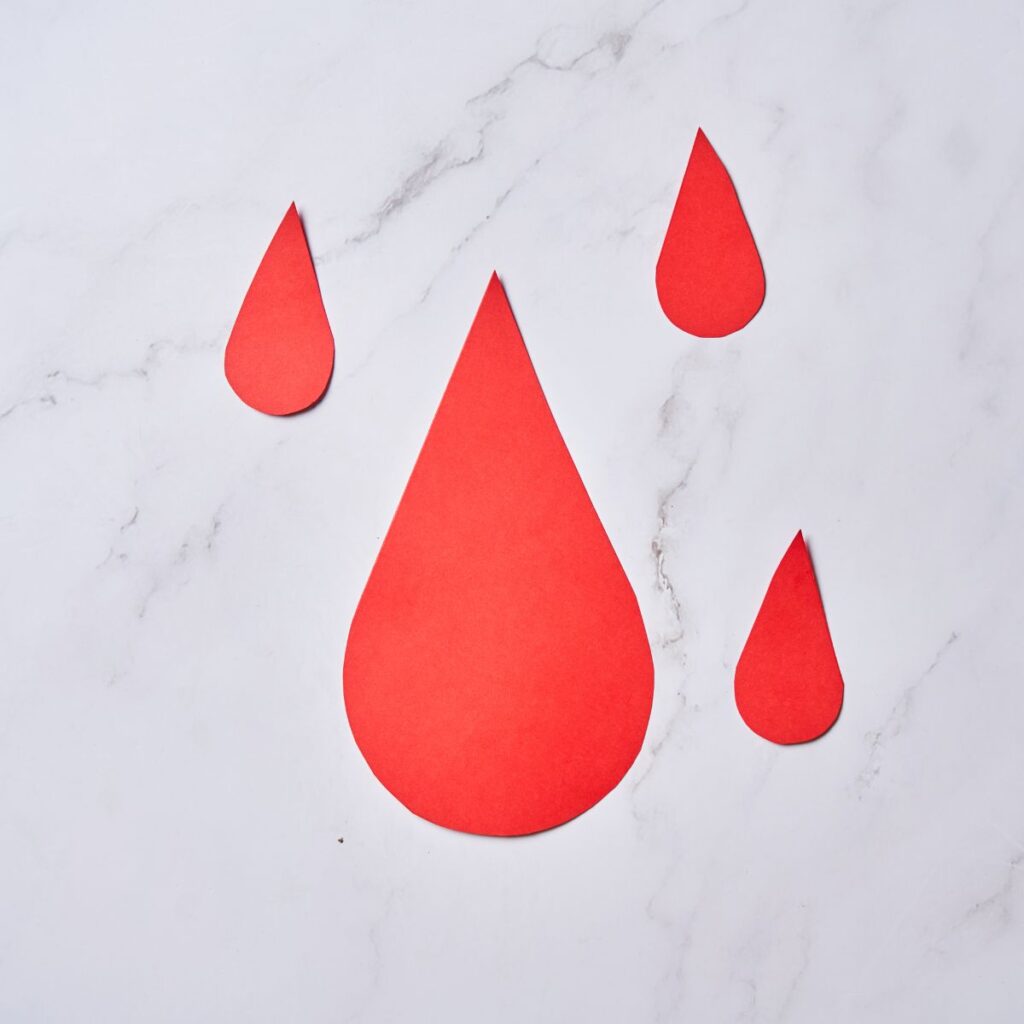Blog
Iron Deficiency Anemia Isn’t Just About Food: The Fastest Way to Fix Anemia from the Root
Anemia, particularly iron deficiency anemia, is among the most widespread health issues globally. Many believe that eating well and taking iron supplements are enough to fix the problem. But the truth is, this approach often overlooks the root cause. If your body isn’t digesting or absorbing nutrients properly, even the best supplements can fail.
This comprehensive guide dives deep into why anemia happens in the first place—and more importantly—what is the fastest way to cure anemia with natural, practical, and safe steps.
1. Understanding Iron Sources and Absorption Rates
There are two main types of iron:
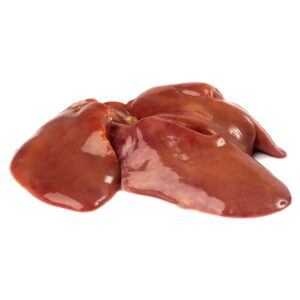
- Heme Iron: Found in animal sources like liver, red meat, chicken, fish (anchovies, sardines, tuna), and eggs. This type is absorbed efficiently—up to 60%.
- Non-Heme Iron: Found in plant-based foods such as dark leafy greens, nuts, legumes, beets, and dried fruits. The body absorbs it less efficiently—only about 4–12%.
To increase iron levels quickly, especially within a week, focus on iron-rich foods like liver, spinach, and lentils—paired with vitamin C sources to enhance absorption. For vegetarians, diet alone may not be enough. High-quality supplements that support absorption become essential.
2. Low Iron Symptoms in Females— What to Look For
Women are particularly vulnerable to iron deficiency. They’re some of the 15 signs you are iron deficient and shouldn’t be ignored:
- Hair loss
- Persistent fatigue and sluggishness
- Shortness of breath during light exercise
- Rapid heartbeat
- Cold hands and feet
- Headaches
- Forgetfulness or difficulty focusing
3. Root Causes of Iron Deficiency Anemia
A. Low Stomach Acid
Poor stomach acid levels hinder iron absorption, especially from plant sources. Common signs of low stomach acid include acid reflux and heartburn. Causes might include:
- pylori infection
- Gastritis
- Antacid medications
- Stomach surgeries
- Overuse of NSAIDs or antibiotics
Natural treatments include:
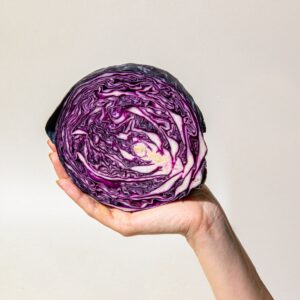
- Drinking raw cabbage juice with coconut oil and Manuka honey to fight H. pylori
- Taking apple cider vinegar before meals (avoid if you suffer from ulcers)
- Using Betaine HCL supplements under guidance (avoid if You suffer from ulcers)
B. Chronic Gut Inflammation
The gut plays a vital role in absorbing iron. If it’s inflamed or damaged, absorption plummets. Contributing conditions include:
- Gluten intolerance
- SIBO (Small Intestinal Bacterial Overgrowth)
- Inflammatory bowel diseases (like Crohn’s and ulcerative colitis)
- Dairy sensitivities
- Candida overgrowth (symptoms mimic anemia: fatigue, brain fog, poor focus)
- Parasites or intestinal worms
The 5-Step Gut Healing Plan:
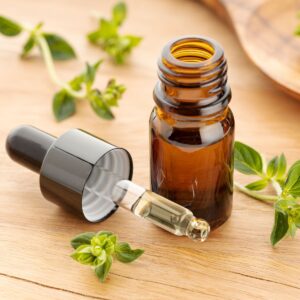
- Eliminate food triggers (sugar, gluten, dairy)
- Cleanse the gut (Manuka honey, oregano oil, berberine)
- Support digestion (digestive enzymes—not vinegar at first)
- Rebuild the gut lining (bone broth, omega-3s, collagen, marshmallow root tea)
- Reintroduce probiotics
C. Heavy Periods and Hormonal Imbalance
Many women develop severe anemia due to heavy periods, which often stem from an imbalance—high estrogen relative to progesterone.
Solutions:
- Avoid estrogen disruptors (soy, synthetic fragrances, plastic containers)
- Support liver detoxification (dandelion tea, milk thistle, DIM supplements)
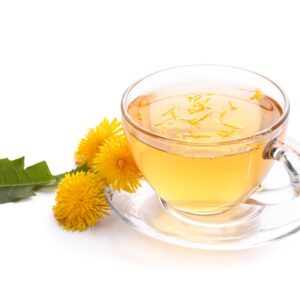
D. Foods That Block Iron Absorption
Some everyday foods can sabotage your iron levels:
- Tea and coffee
- Chocolate
- Cranberries
- Unsoaked legumes and nuts (due to high phytic acid levels)
What to do:
- Leave a 2-hour gap between these foods and iron-rich meals
- Soak and sprout nuts and legumes to reduce absorption-blocking compounds
Bonus tip: Taking more than 50mg of zinc daily for extended periods can cause copper deficiency, which ironically leads to anemia. Similarly, high doses of vitamin C (1500 mg+) may reduce copper absorption.
Balance is key—use a zinc supplement that includes copper, or consult a specialist before using high doses long-term.
E. Missing Nutrients That Aid Iron Absorption
Your body needs more than just iron—it also needs nutrients that help iron do its job:
- Vitamin A (from liver or cod liver oil)
- Vitamin C
- Zinc (in moderation)
- Chromium
- Copper (essential for hemoglobin production and iron metabolism)
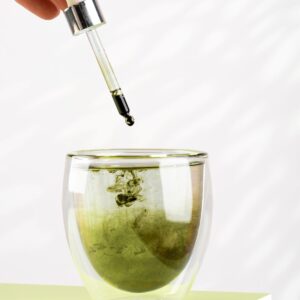
Some of the best herbs for iron deficiency and plant-based superfoods, like chlorophyll, offer a powerful combination of these nutrients in one dose.
F. Chronic Inflammation and Autoimmune Conditions
If you’re dealing with autoimmune disorders such as lupus or rheumatoid arthritis, these can interfere with iron absorption and usage in the body.
Supportive care includes:
- Anti-inflammatory, whole-food nutrition
- Natural therapeutic supplements tailored to immune health
If you need a full guide protocol that can help you heal from autoimmune diseases, you can only subscribe through the link below
Full Autoimmune Healing Protocol
The Role of Diet in Healing Anemia
Refined foods—like white sugar and processed baked goods—not only weaken the digestive system but also encourage yeast overgrowth (like Candida), worsening malabsorption and triggering inflammation, therefore leading to iron deficiency anemia.
Best Supplements for Iron Deficiency Anemia
- Liquid Chlorophyll: Iron-rich and easy to absorb
- Thorne Prenatal: A well-rounded option with iron, folate, and B vitamins
- Iron with Vitamin C: Boosts absorption
- Copper supplements: Only if needed, and under supervision
Natural Juices and Foods to Boost Iron
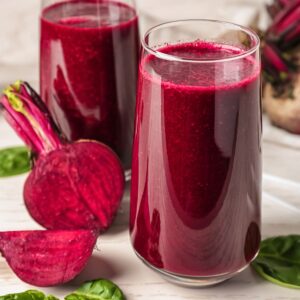
- Soaked black raisins, figs, and dates
- Top juice recipe for iron deficiency: A mix of beetroot, pomegranate, and carrot.
Final Thoughts
Treating anemia isn’t just about taking pills or eating spinach. It’s about understanding why your body isn’t absorbing or holding onto iron. Once you identify and fix the root cause, recovery becomes faster and more sustainable.
Start with one small change today—swap in a healing food or a supportive supplement—and watch how your energy and clarity improve in less than a month.
If you want more details about the most important natural ways to raise iron and fight anemia quickly, watch Dr. Fajr Al-Jumairi’s full episode on her YouTube channel:

